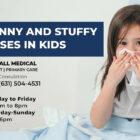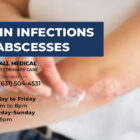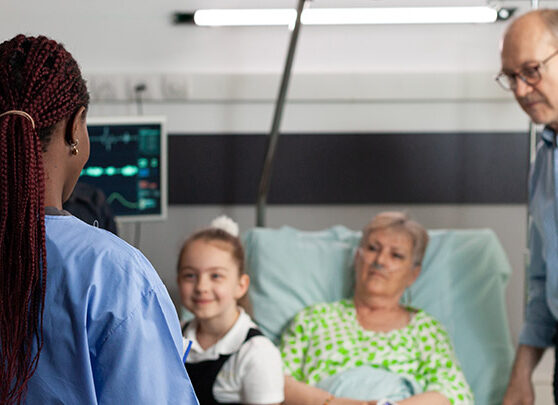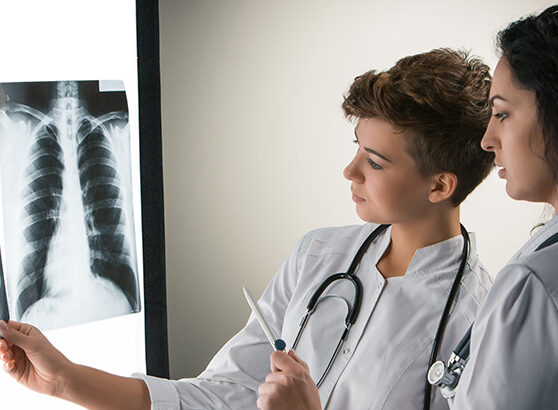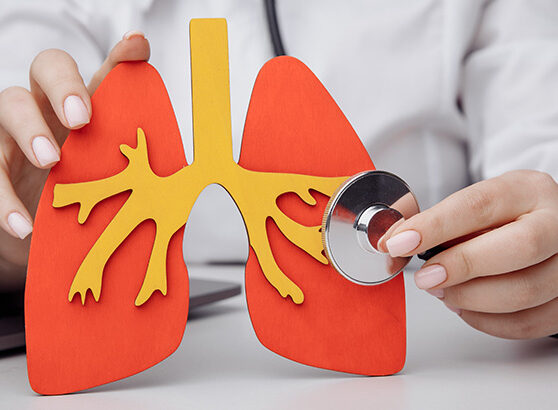At Kimball Medical Center in Yonkers, we prioritize your health and well-being, including comprehensive STD testing and education. Many are unaware that sexually transmitted diseases (STDs) can be contracted through nonsexual activities. Here’s what you need to know:
Nonsexual Transmission of STDs
Contrary to common belief, STDs can spread through activities other than sexual intercourse. Even without being sexually active, you could be at risk. Here are some surprising ways STDs can be transmitted:
- Platonic Mouth Kissing: Intimate kissing can transmit herpes simplex virus (HSV) and other infections.
- Sharing Contaminated Items: Using unclean towels, sharing sex toys without proper cleaning, or borrowing personal items like razors can spread infections.
- Medical Procedures: Procedures such as blood transfusions or sharing needles for medical treatments can transmit hepatitis B, hepatitis C, and HIV.
- Non-Sexual Intimate Contact: Skin-to-skin contact in the genital area can transmit HPV and herpes.
- Mother-to-Child Transmission: STDs can be passed from mother to child during childbirth or breastfeeding.
Understanding STIs vs. STDs: What’s the Difference?
When it comes to sexual health, the terms STIs (sexually transmitted infections) and STDs (sexually transmitted diseases) are often used interchangeably, but there’s a nuanced difference.
STIs and STDs Defined
STI stands for sexually transmitted infection, indicating an infection caused by bacteria, viruses, or parasites that can be transmitted through sexual contact. On the other hand, STD, or sexually transmitted disease, typically refers to an infection that has progressed to cause noticeable symptoms or complications.
In medical terms, an infection can be asymptomatic, meaning it shows no symptoms at all. It becomes a disease when symptoms develop. However, in everyday conversations and medical practice, both terms are commonly used to describe the range of conditions transmitted through sexual activity.
Understanding the distinction between STIs and STDs can help in discussing sexual health openly and seeking appropriate medical care. Whether you’re concerned about prevention, testing, or treatment, recognizing these terms can guide informed decisions about your health.
Preventing STDs
Taking proactive steps to prevent STD transmission is crucial:
- Practice Safe Sex: Always use condoms or dental dams during sexual activities.
- Communication: Openly discuss STD status with your partner(s) and encourage testing.
- Regular Testing: Stay informed about your own health by getting tested regularly, especially if you engage in risky behaviors or have multiple sexual partners.
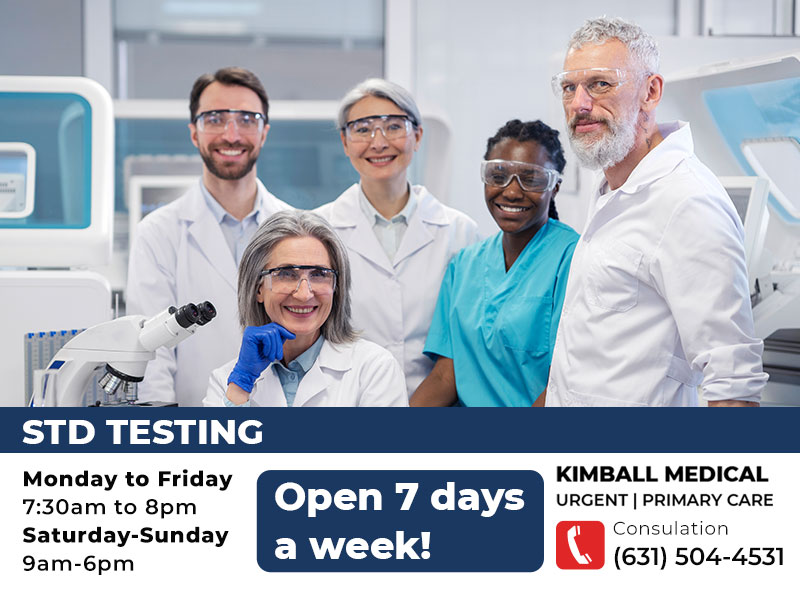
Visit Kimball Medical Center in Yonkers for STD Testing
At Kimball Medical Center, we offer confidential and compassionate STD testing services. Whether you have questions, concerns, or need testing, our experienced healthcare professionals are here to help. Don’t hesitate to prioritize your health—schedule your appointment today and take control of your well-being.
Stay informed, stay healthy with Kimball Medical Center in Yonkers. For more information or to schedule an appointment, call us at 631-504-4531. Your health is our priority.



